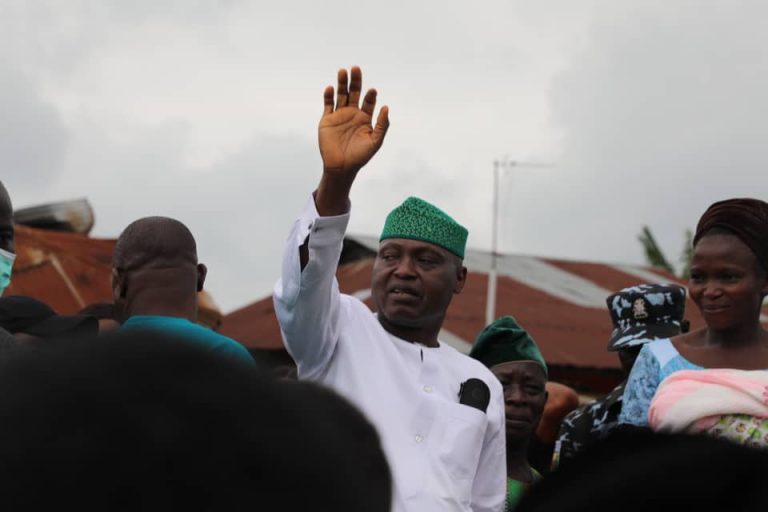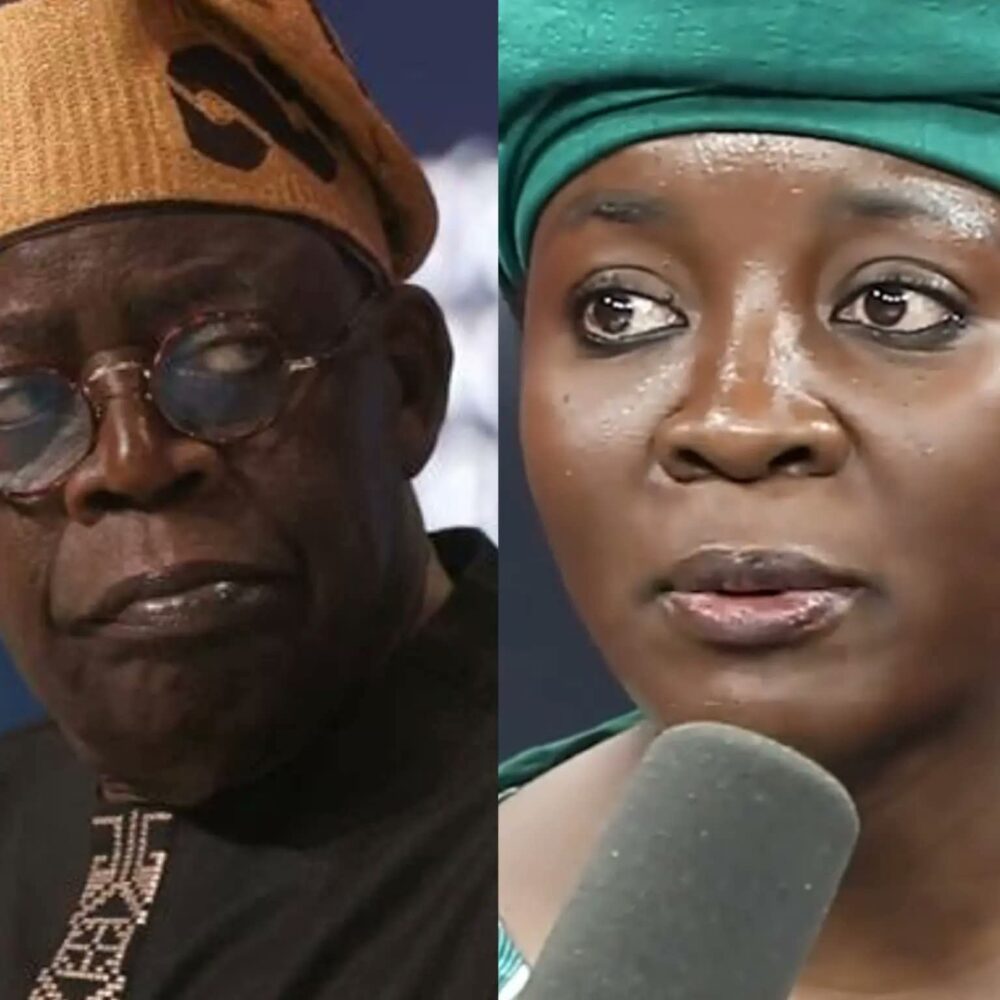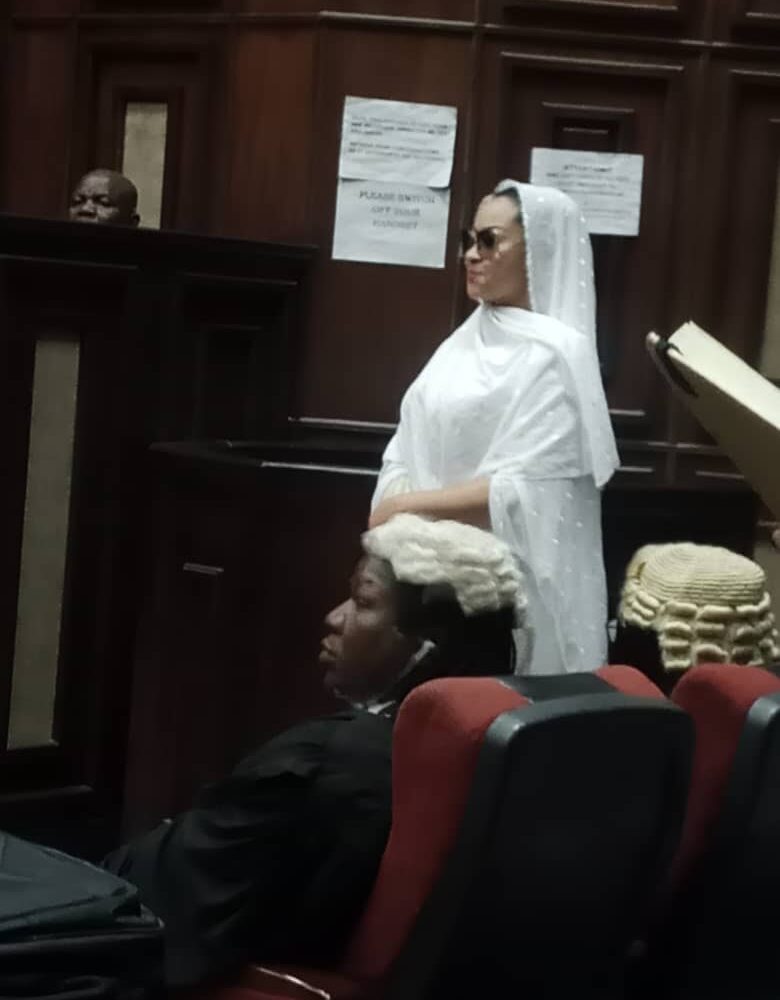As the Covid 19 pandemic locks down peoples worldwide to hibernate at home, Nigerians, particularly parents and university students, are yet to feel the bite of ASUU’s strike for the countless time. If ASUU and the FGN cannot reconcile their disagreement before university students are asked to resume school at the end of the Covid 19 holiday, then students will discover that they cannot return to school, and that will become the ‘Covid 20’ that they will have to contend with.
The on-going strike was triggered by the Federal Government’s (FGN) sudden stoppage of lecturers’ salaries in the month of February to coerce them to enlist in IPPIS. While negotiations about IPPIS and allied matters were in progress and while complaints of irregularities, corruption and strange jumbo deductions and non-deductions of union dues and loan repayments were raining against IPPIS, the FGN hastily discontinued lecturers pay in February, a sad development that constrained ASUU to call its members out on strike.
Who owes IPPIS and who are the foreign and local beneficiaries of the profit without work that the firm behind IPPIS make by unilateral deductions from workers hard-earned remuneration? ASUU should investigate and expose them to Nigerians.
IPPIS (Integrated Payroll and Personal Information System) is a new addition to the panorama of the perennial socio-educational scourges against which ASUU has been fighting. ASUU has defied the FGN’s order to enroll in IPPIS on clear and well-articulated grounds which have become issues of debate and negotiation for ASUU and the FGN.
The new pay system has not made allowances for the peculiarities of staff in Nigerian universities. It clearly violates the various pacts and MoUs that the FGN has willingly entered into with ASUU since 2009, particularly the imperative of university autonomy, which is universal. As Benjamin Disraeli, a British writer and statesman avers, _a university should be a place of light, liberty, and learning._
Sadly, the posture of the FGN on higher education with the strikes it causes continually does blight liberty and learning and blot out light from Nigerian universities. But why has this ding-dong battle between ASUU and the FGN persisted since its inception in 1978? When will the tug of war end? Why do the two bodies, which claim to be building the nation, find it difficult or impossible to agree? Is ‘strike-strike-strike’ all that ASUU can deploy to confront the FGN?
ASUU and the FGN have been dragging the rope of socio-political ideology ferociously in a tug of war. As the Bible asks, can two work together except they agree? ASUU and the FGN have never really agreed and may never agree totally with each other, unless one side of the divide commits ideological and class suicide and then works in tandem with the other.
Successive Nigerian governments, both military and so-called democratic civilian governments, have been ultra-capitalist or even worse than modern capitalism as nurtured and practised in Europe and America.
The brand of capitalism flourishing in Nigeria may be christened capi-sadism; a system in which few persons in power flagrantly loot the public treasury to become stupendously wealthy; destroy public utilities and privatise them to ‘run well’, whatever that means.
So, we are told that ‘government has no business in business,’ a paradox and sophistry fabricated to advance crude capitalism in Africa. It is as hopeless as asserting that a human being has no business in breathing oxygen. The fact is that the business of government is serious business worldwide. Interestingly they have scholars and acolytes who sing and drum solidarity for the implementation of ‘government has no business in business but only in corruption and witchcraft.
The Nigerian Government has either systematically destroyed all its public corporations or consistently pawned them to local and foreign ‘entrepreneurs’ who stole government money to buy government enterprises. Older Nigerians will narrate to you with lugubrious nostalgia the heydays of the Nigerian Railways, which employed thousands of Nigerian workers. They never believed that such a large corporation of workers could be ‘murdered and buried’ without appropriate rituals and ceremonies.
The Nigerian Airways, Nigerian Telecommunication (Nitel), Ajaokuta Steel, Aladja in Warri, Ewekoro and the likes of Okpilla Cement factories, NNPC, State Water Boards all over Nigeria, government farms, hotels, textile industries, NEPA, etc. were all ruined, privatised and ‘personalised’. Take NEPA (National Electric Power Authority) for instance. They said that once NEPA was privatised, there would be electric power (light) for 24/7 in all the nooks and crannies of Nigeria. Now that the _personalisation_ of NEPA has been achieved, where is the light for 24/7 all over Nigeria?
Nigerians who also attended primary schools in the 1950s to 1970s, and maybe up to the early 1980s will nostalgically declare to you that government primary and secondary schools were a glory to celebrate. Today, turn wherever you may, as William Wordsworth reflects, “a glory has passed away from the earth.” Public primary and secondary educational systems have been ruined for the private sector to flourish. But are private schools really providing well-graded education at all levels to the teeming generality of Nigerians?
Unfortunately, the private schools, no matter how well they strive, and profit being their primary motive, narrows the broad way of public education for all citizens who have the natural endowment. Besides, privatised educational system cannot assemble and showcase the fine variety of pupils and students from all strata and backgrounds of Nigeria as well as the nationalistic outlook and feelings that public schools exude at all levels. An educationally disadvantaged nation should not rush to privatise its educational system wholesale.
In government avowed penchant for commercialisation and privatisation of public utilities, they have pawned all national inheritances except two. The two of government public corporations yet to be thus ruined and sold off to rich people in government and their foreign capitalist cohorts are universities and other higher institutions, and government general and teaching hospitals. The patriotic intellectuals in the two sectors have resisted government doggedly, preventing them from privatising the two sectors.
Successive governments have embarked on a systematic bleeding and weakening of these two institutions to death, just in the way a beast (lion or tiger) pins down its prey till it bleeds and wriggles to death for the beast to have a fleshy and bloody meal. That is the menacing stage to which Nigerian higher institutions and government hospitals have been pushed in recent times. But before the curtain of darkness falls on their last scene, ASUU, the lone voice in the wilderness, is crying out loud though many Nigerians fail to understand and support ASUU.
The sprawling buildings of higher institutions and teaching hospitals and their land mass are the envies of private institutions’ owners. Those in power have been licking their privatisation tongues and lips towards them. They often calculate the billions of naira that could have been amassed by charging exorbitant school fees in public universities polytechnics, and colleges of education, or simply auctioning them.
Unfortunately, ASUU has defiantly remained the obstinate stumbling block on their path to achieving their huge lucrative calculations. If ASUU gives in and accepts selfish increase in personal remuneration accompanied with heavy increase in school fees and other levies, public universities will submerge and a majority of Nigerians will be unable to acquire higher education, which advances a nation. Here is the dilemma.
So far, government has successfully commercialised teaching hospitals and public universities. While they fly abroad for medical treatments that gulp millions of public funds, and their children attend the best public and private schools in the world, they wickedly allow Nigerians to die because they cannot afford medical charges for Medicare and recklessly abandon public schools to decay. After all, their children are not in public schools.
In Nigerian universities today, nearly everything that used to be free has been commercialised with all manner of fees and levies introduced to boost internally generated revenue.
Yet, infrastructures are in tatters, hostels have become poultries brimming with human congestion, excrements and urines. Classrooms and lecture theatres for 200 students now accommodate 1,000 students inside, 500 at the veranda, and 500 hanging on the windows, jostling to hear a lecturer teaching with his or her tiny natural voice.
ASUU is ideologically committed to reversing these obnoxious trends. Its demands and unionism are informed by altruistic and social democratic spirit, which advocates government-sponsored higher education as against the capitalist privatise-and-commercialise-everything approach of the government. All considered, Nigeria has the resources to give its citizens free qualitative massive education at all levels.
With some western capitalist governments as sponsors and counsellors, who manipulate them to achieve their imperialistic tendencies and goals, the FGN is fully lackadaisical about public university education. Tyrants, corrupt and backward leadership detests education and great knowledge because ‘education makes a people easy to lead, but difficult to drive; easy to govern; but impossible to enslave.’
*ASUU cannot be totally enslaved. Never!*
What is wrong in asking government to give to the masses those rights and privileges that they lavishly accord themselves and their children in manifolds? With public money they send their children to the best universities abroad. What is wrong in asking government to improve Nigerian universities to world standards and give quality education to its gifted teeming children?
So, the battle between ASUU and the FGN ideologically transcends mere remuneration and earned allowances for lecturers, as most people think. In any case, should lecturers not earn well for teaching the nation, building society far more than slumbering obeise politicians? Government thinks otherwise and wages a vile battle against the best members of the Nigerian intelligentsia.
In the internecine battle, the FGN deploys all its state-of-the-art weapons to daze ASUU: the military, the police, the treasury, the mass media, propaganda, stoppage of salary, threats of dismissal and termination of appointment and even downright assassination of ASUU leaders. With impunity, the FGN delays and frustrates negotiations, violates its own final pact with ASUU or simply goes home to sleep at the end of a protracted negotiation and final agreement…until ASUU again calls out its members on strike.
Once ASUU commences a strike, its last card, everyone becomes an educational expert and consultant who is more patriotic and knowledgeable than university lecturers and scholars: lecturers who taught them and wrote the books that they read. Everyone begins to teach, castigate, lambaste and curse lecturers for their insensitivity, calculating the many years ASUU strikes have wasted of the system but failing biasedly to calculate the gains of ASUU strikes in that sector. As a Nigerian poet states elsewhere, ‘in Nigeria, even imbeciles pose as sages and pigs, saints and saviours. Rodents climb up to the trees to teach birds how to fly. STONES dive into waters to coach fishes how to swim and breathe in their own world.’
Unfortunately for ASUU, the strongest weapon its members think they have is strike, which they are often constrained to use when negotiation and consultation fail, as in the on-going strike against IPPIS, an avoidable strike but for the way in which government handled it by arm-twisting ASUU. IPPIS might be the last ramrod that might break ASUU’s vertebra, if not well handled. With the NLC, NANS and other popular unions castrated, ASUU is the last people’s union wobbling to stand, which is already split into two. Government is determined to weaken and scatter ASUU at all costs.
ASUU must remain dogged. One broom is the union many broom sticks that cannot be broken. ASUU must not surrender. It is noble to fight for quality public education for Nigerians. As Quincy Adams, the 6th President of the USA says, ‘to furnish the means of acquiring knowledge is… the greatest benefit that can be conferred upon mankind. It prolongs life itself and enlarges the sphere of existence.’
Beyond strike, there are other hard alternatives for ASUU: hard alternatives hard to discuss here, which some members of the Union can grapple with and should begin to push with doggedness. Judging from the historical trajectory of other public utilities, and with the proliferation of private universities, I dare aver that government will also succeed in totally ruining public universities, as it succeeded at the primary and secondary levels because ASUU has its limitations:
How can the soldiers of a Left-handed Warlord force the soldiers of a Right-handed Warlord in the corridors of power to become Left-handed and implement the manifesto of the disciples of the Left-handed Warlord? Here is the conundrum ASUU should resolve before the curtain of darkness descends on higher education in Nigeria.
Bode Steve Ekundayo is a Benin-based writer and public speaker_





